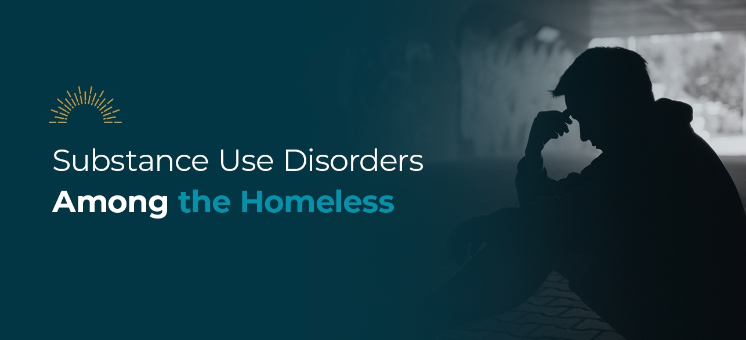
Content medically reviewed by Vicky Magobet, PMHNP-BC, on May 16, 2022.
Homelessness and alcoholism or substance use are often linked in the public eye. These issues, along with mental illness, appear to work in tandem and often contribute to one another, creating a constant spiral.
Almost 600,000 people experience homelessness in the United States, according to a study conducted by the National Alliance to End Homelessness in early 2020. This study included a breakdown of the diversity of homeless individuals in every state. Notable findings included:
Which comes first — the addiction or the homelessness? In some cases, a substance use disorder can cause someone to put their addiction above all else, even their family's mortgage or rental payments. In many more instances, substance use is the result of homelessness.
Becoming homeless is a stressful occasion that can lead people to want to escape. Alcohol or other drugs are more affordable than a home payment and offer a faster, albeit short-lasting, reprieve from their current situation. Mental illness is also common in homeless populations, which is another precursor to substance use.
Alcohol is the most common substance abused — around 38% of homeless people experience alcoholism. It is the most readily available and usually a cheaper alternative to other options. However, younger homeless people are more likely to become addicted to drugs than alcohol. Perhaps the largest indicator of whether someone will become a homeless addict is family history, including both genetics and upbringing.
Treating addiction is even more challenging when you're facing homelessness, especially if you also have mental health issues. Diamond House Detox has spent years understanding the links between substance abuse and homelessness. We're here to help you get back on your feet through science-based addiction treatment with combined mental health services.
Start your path to recovery today. Contact our facility so you can learn more about how we can help.